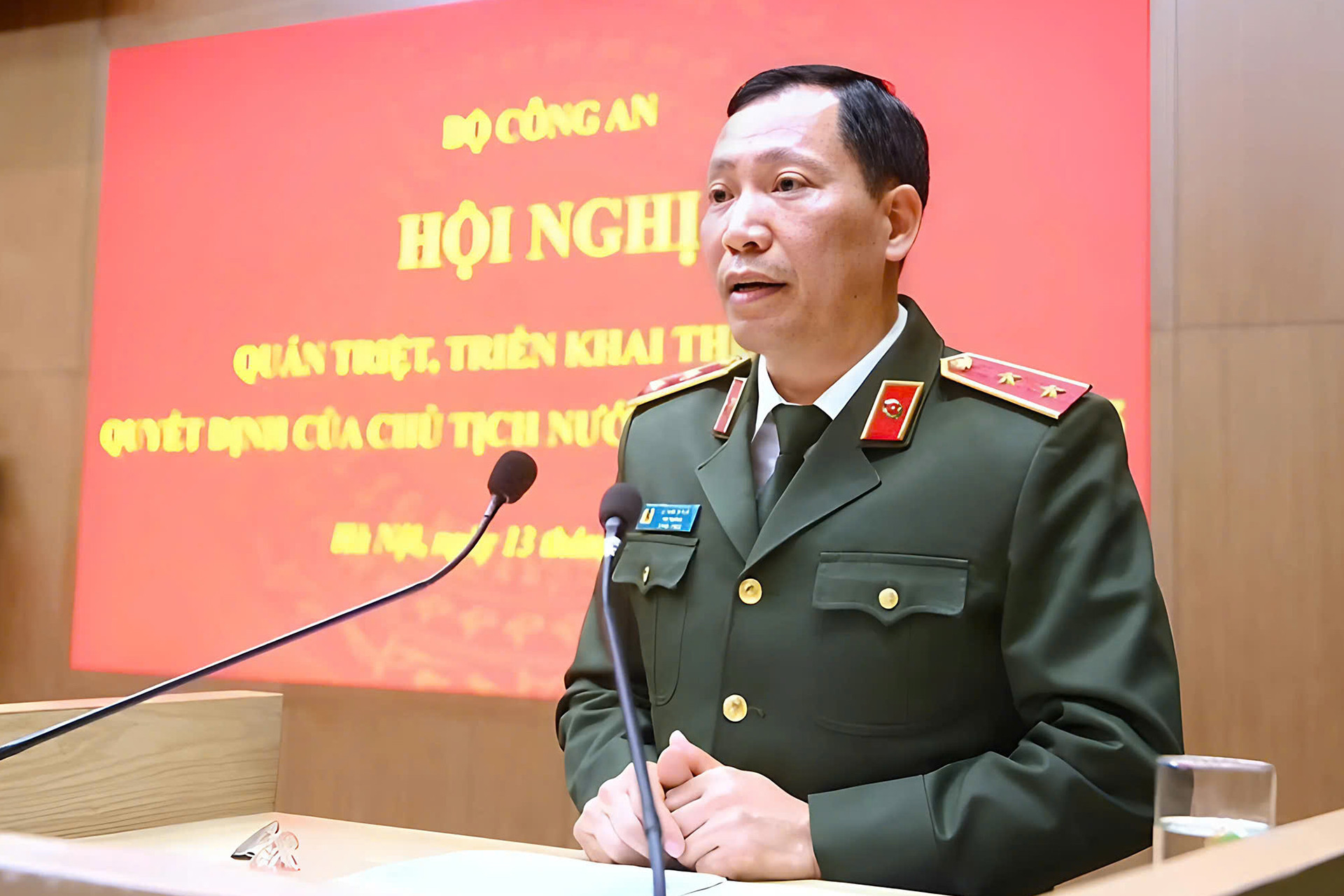The Ministry of Public Security has unveiled the latest updates to Vietnam’s 2025 amnesty policy, outlining revised requirements for early release and emphasizing transparency in the selection process.

On March 13, the Standing Advisory Council for Amnesty, under the authority of the Ministry of Public Security, held a national conference in Hanoi to implement the President’s decision on amnesty for 2025.
The event featured key officials, including Deputy Minister of Public Security, Lieutenant General Le Van Tuyen, and Major General Tran Van Thien, director of the Police Department for Prison Management, Compulsory Education Centers, and Juvenile Reform Schools.
Key changes in Vietnam’s 2025 amnesty policy
The new amnesty policy introduces significant changes to the time-served requirements for eligible inmates. Prisoners with fixed-term sentences must now serve at least one-third of their sentence before being considered for release.
Those originally sentenced to life imprisonment but later reduced to fixed terms must serve at least 14 years before becoming eligible.
In cases with special mitigating circumstances, the minimum sentence requirement drops further to one-fourth of the sentence for fixed-term prisoners and 12 years for those whose life sentences were commuted.
Ensuring fairness and transparency in the amnesty process
At the conference, Deputy Minister Le Van Tuyen emphasized that the amnesty program reflects the Vietnamese government’s commitment to justice and rehabilitation.
He stated that amnesty is a special act of clemency granted by the state and approved by the President, allowing eligible prisoners to be released ahead of schedule on significant national occasions or under special circumstances.
To ensure the 2025 amnesty program is conducted fairly and transparently, the Ministry of Public Security has issued guidelines for all local police units, detention centers, and correctional facilities to strictly follow procedural requirements, thoroughly review eligible cases to prevent errors or bias, and ensure compliance with regulations to maintain public trust in the justice system.
Multi-agency review process and oversight
The Interagency Assessment Committee has been directed to conduct on-site inspections at local and regional detention facilities, review eligibility criteria for amnesty candidates in collaboration with local security agencies, and monitor compliance to prevent oversights or wrongful releases.
Additionally, the Ministry of Public Security will deploy teams to randomly audit detention centers, ensuring strict adherence to legal guidelines and procedural accuracy.
As the 2025 amnesty process moves forward, government officials stress that all applications will be carefully examined, reinforcing the state’s commitment to fairness, objectivity, and legal integrity.
Tien Dung